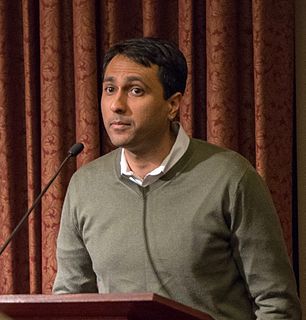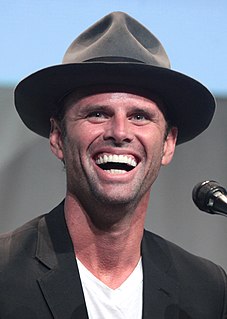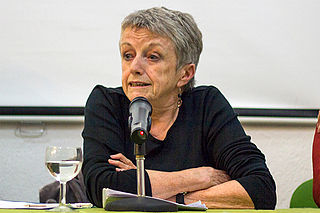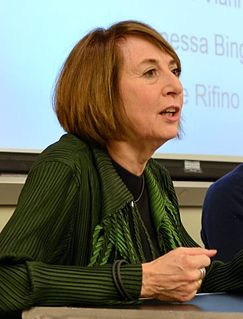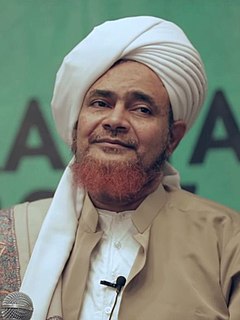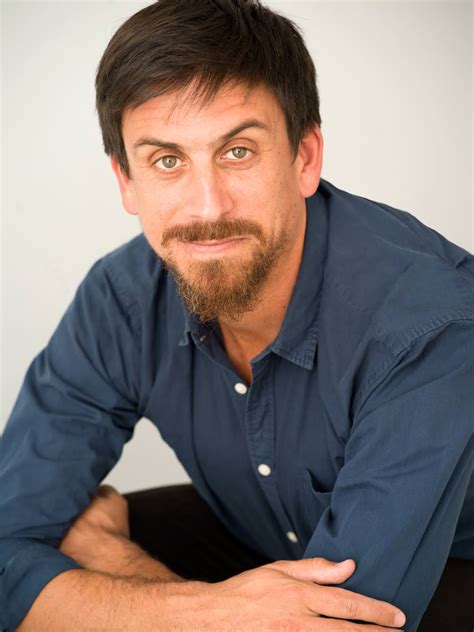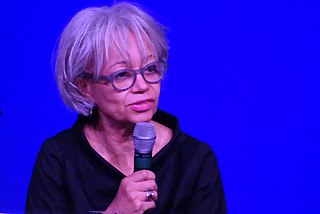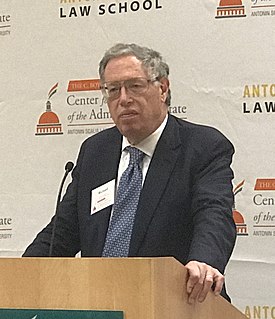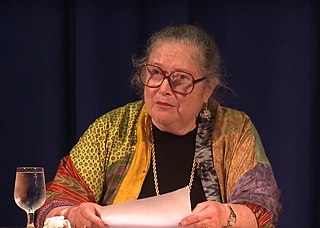A Quote by Diana L. Eck
Those are big challenges in our age, not just how we live as co-citizens in societies with people of different faiths and different cultures - I mean, that's a big challenge itself - but how we think about all that as Christians, or as Jews, or as Muslims, or as Hindus. How do we think about the religious other? There's a theological dimension as well as a civic dimension to our pluralism.
Related Quotes
Too many people think that the faith line divides Muslims and Christians or Jews and Hindus, or just to say that there is this clash of civilizations and people from different religions are inevitably against each other, inherently opposed to each other. I don't believe that for a second. I think the faith line divides totalitarians and pluralists, which is to say that totalitarians from different religious backgrounds.
To spend any time with someone who is among the top five film composers of the last 50 years is pure gold dust. I mean, not necessarily stylistically, because everyone is different in what their music sounds like, but the approach and how to look at a film, how to think about a film, how to decide what you want to do, how to think about characters, how to think about art, how to think about narrative, how to liaise with producers, how to liaise with directors.
Well, I think that when you think about the challenges we face, these are challenges that require us to look forward and not backwards. When it comes to the economy I think we have to recognize that we are now in a global economy. And that the measure of our success is: how well are we training our workers? How well are we investing in the new energy economy?
It's about something that I'm extremely passionate about: exploring other cultures, how Americans are perceived by other cultures and how we perceive other cultures through our worldview. I travel whenever I get an opportunity to do so, and I think this country is ready for a show on television that is bilingual and really puts front and center another culture, both as the protagonist and the antagonist.
We all like to think the world ends when we do. The truth is our acquaintances, our friends, and our loved ones all live on, and through them, so do we. It's not about what you had, but what you gave. It's not about how you looked, but how you lived. And it's not just about being remembered. It's about giving people a good reason to remember you.
I write my books to challenge my own feelings and theories. Perhaps most surprising was what I learned about rice farming. It was really interesting to think of how different Asian and Western cultures are as a result of the kinds of agricultural practices that our ancestors used for thousands of years. The life of a Chinese peasant in the Middle Ages was so dramatically different from the life of a European peasant - night and day different.
Most of our difficulties, our hopes, and our worries are empty fantasies. Nothing has ever existed except this moment. That's all there is. That's all we are. Yet most human beings spend 50 to 90 percent or more of their time in their imagination, living in fantasy. We think about what has happened to us, what might have happened, how we feel about it, how we should be different, how others should be different, how it's all a shame, and on and on; it's all fantasy, all imagination. Memory is imagination. Every memory that we stick to devastates our life.
The Jews started it all-and by 'it' I mean so many of the things we care about, the underlying values that make all of us, Jew and Gentile, believer and aethiest, tick. Without the Jews, we would see the world through different eyes, hear with different ears, even feel with different feelings ... we would think with a different mind, interpret all our experience differently, draw different conclusions from the things that befall us. And we would set a different course for our lives.
The thing about education - and why I'm so passionate about the position and status of the university - is that it's supposed to teach citizens how to think better, how to think critically, how to tell truth from falsehood, how to make a judgment about when they're being lied to and duped and when they're not, how to evaluate scientific teaching. Losing that training of citizens is an extremely dangerous road to go down.
Once started, religious strife has a tendency to go on and on - to become permanent feuds. Today we see such intractable inter-religious wars in Northern Ireland, between Jews and Muslims and Christians in Palestine, Hindus and Muslims in South Asia and in many other places. Attempts to bring about peace have failed again and again. Always the extremist elements invoking past injustices, imagined or real, will succeed in torpedoing the peace efforts and bringing about another bout of hostility.

